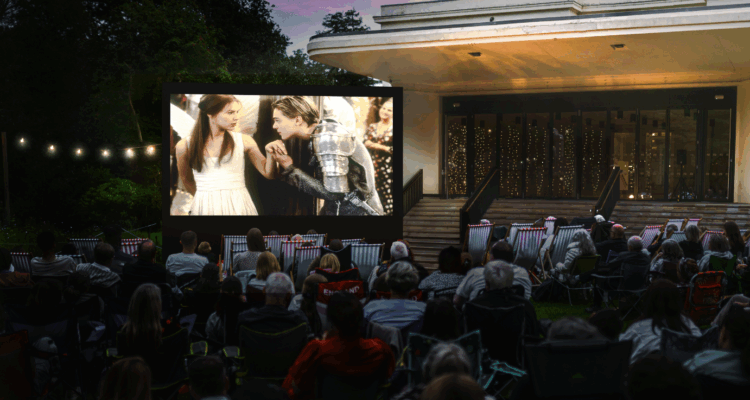Cheltenham Literature Festival: Shakespeare
Yesterday, my day at the festival was bridged by two events that could not have provided two more different insights into the life and work of Shakespeare. Which am I more convinced by? Depends upon whether I want to indulge in fantasy or face the facts.
Promoting her new book, Shakespeare's Wife, Germaine Greer thrilled her audience by giving an intelligent and quick-witted key note lecture. Critically acclaimed as an "engaging and speculative" work, this defence of Anne Hathaway's integral position as Shakespeare's wife and the influence on his work is intriguing but it is, as Greer admits, "all guess work". What Greer aims to achieve with this publication is to "open our eyes to Anne" and make literary scholars work to disregard her. "This woman seems to be the still centre of Will's giddy world," states Greer as she plots possible social, economic and political reasons for Anne's central position in Shakespeare's life. Greer also examines Shakespeares "resourceful and measured" wives in the early comedy plays (her PhD thesis focused on the ethic of love and marriage in these plays), believing that these resolute figures are a reflection of Anne. Rooted in extensive socio-historic research, Greer's arguments are compelling and she seems to achieve her aim of putting Anne into the frame in relation to Shakespearean literary criticism. An entirely speculative work, yes, but Greer although there is no proof to her arguments, there is nothing to disprove them either.
The evening's panel discussion about Shakespeare's history plays and their relevance to today's society could not have been a more disparate environment, rooted firmly in traditional critical theory. Radio 4's James Naughtie, Michael Boyd (Artistic Director of the RSC) and historian Michael Wood even discussing these plays in the first instance shows that they are still in the centre of public discourse. Why is this? Because these plays, like all of Shakespeare's work, present fundamental truths about us as humans. In the history plays, Shakespeare demonstrates a unique ability to see the situation of the times but as Michael Wood suggests, "they go bigger, they tell us something of the truth of history, something useful." We should not underestimate Shakespeare's involvement with politics but the power that resides in each of his plays are the moments of humanity - where the man triumphs over the king - and we are reassured that the essential order of humanity cannot be broken. Michael Boyd, who has the demanding task of staging all of the history plays over the coming year at the RSC, states that Shakespeare was an "optimist of the will but pessimist of the intellect". A credible record of historical events is important to Shakespeare but their "hopelessly and brilliantly unresloved nature" shows that he was a man torn between two worlds: that past relationships and events have an undeniable connection with the future; what has happened in the past has gone but there is an integral sense of having to move foward.
Behind every great man there is a great woman; behind every monarch there is a human being; behind every theoretical argument there is the text itself. Shakespeare criticism is always going to present conflicting (and controversial) arguments and it is difficult to bring the strands of yesterday's events to any sort of conclusion. The premise of the discussions were so incongruent that they're essentially incomparable. However, both examinations were concerned with the fabric of history, how history itself is built on thought, ideas and relationships and there is no argument against Shakespeare's unmitigated ability to communicate the human condition.
Posted by Jen Tomkins
Share
Related Articles

Open Air Cinema and Theatre FAQ’s
If you were able to snap up tickets to our Open Air programme this summer, check below for any queries…

New Liverpool open air cinema brings movies to the Mansion
NEW FOR 2025: Eight handpicked films will hit the big screen in Calderstones Park this summer as national Shared Reading…

A breath of fresh air! This summer’s outdoor and cultural events at our Calderstones Park home
The Reader serves up a giant scoop of summer arts and entertainment from three special summer garden parties with special…


